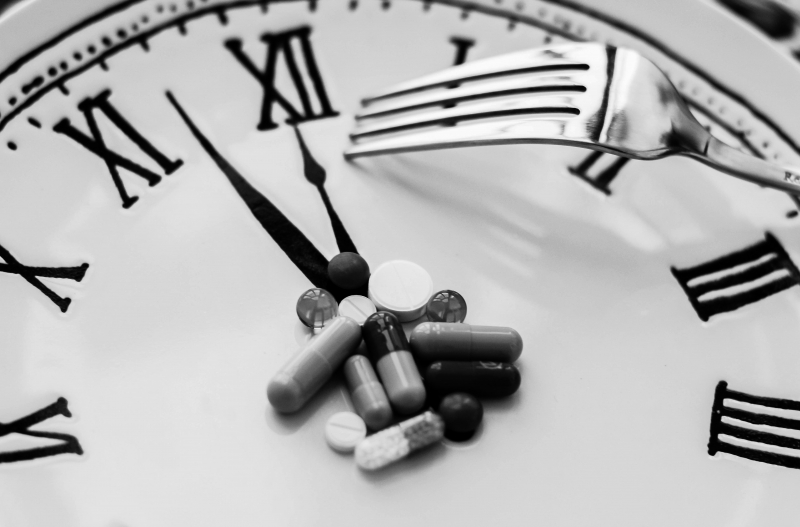How and when to take levothyroxine
Take levothyroxine once a day in the morning, preferably at least 30 minutes before breakfast or a caffeine-containing beverage, such as tea or coffee. Food and caffeinated beverages can both prevent your body from properly absorbing levothyroxine, causing it to work less effectively. If you stop taking levothyroxine, your symptoms will most likely return.
Dosage and strength
Levothyroxine dosage varies from patient to patient. To complete your dose, you might need to take several different tablets. How many tablets you should take daily will be determined by your doctor.
Levothyroxine tablets are available in dosages of 12.5, 25, 50, 75, and 100 micrograms.
Levothyroxine comes in liquid form, and 5ml can contain 25 micrograms, 50 micrograms, 100 micrograms, or 125 micrograms of the medication.
The amount of levothyroxine you end up taking or how quickly the dose is increased depends on your symptoms, hormone levels, age, and whether you have any other health issues, even though starting doses are typically the same.
Adults typically begin with a dose of 50 to 100 micrograms taken once daily. This can be gradually increased over a few weeks to between 100 and 200 micrograms taken once a day.
Some people, such as those over the age of 50 or those with heart disease, may begin on a lower dose.
How to take levothyroxine
With a drink of water, swallow the tablets whole. For children and those who find it difficult to swallow tablets, levothyroxine is available as a liquid. It comes in a variety of strengths. If you or your child is taking levothyroxine as a liquid, it will typically come with a plastic syringe or spoon to help you measure the correct dose. Ask your pharmacist for a syringe or measuring spoon if you don't have one. A kitchen teaspoon will not provide the correct amount.
If you forget to take it
If you miss a dose, take it as soon as you remember, unless your next dose is almost due. Simply skip the missed dose in this situation and take the subsequent dose at the scheduled time. To make up for a missed dose, do not take 2 doses at once. Set an alarm to remind you if you frequently forget to take your medication. Asking your pharmacist for suggestions on other strategies to help you remember to take your medication is another option.
If you take too much
If you take more levothyroxine than is recommended, you may experience symptoms like a pounding heartbeat (palpitations).
Having regular blood tests
Regular blood tests will be performed by your doctor to determine the levels of thyroid hormones in your body before and after you begin taking levothyroxine. These will allow your doctor to tailor the dose to your specific needs. You can expect blood tests quite frequently at the start of treatment, but once your hormone levels are stable and your symptoms are under control, your levels will usually be checked once a year. You may require more frequent blood tests if you:
- are pregnant
- start or stop a medicine that can affect the way levothyroxine works
- have any symptoms that could mean your dose is not quite right











